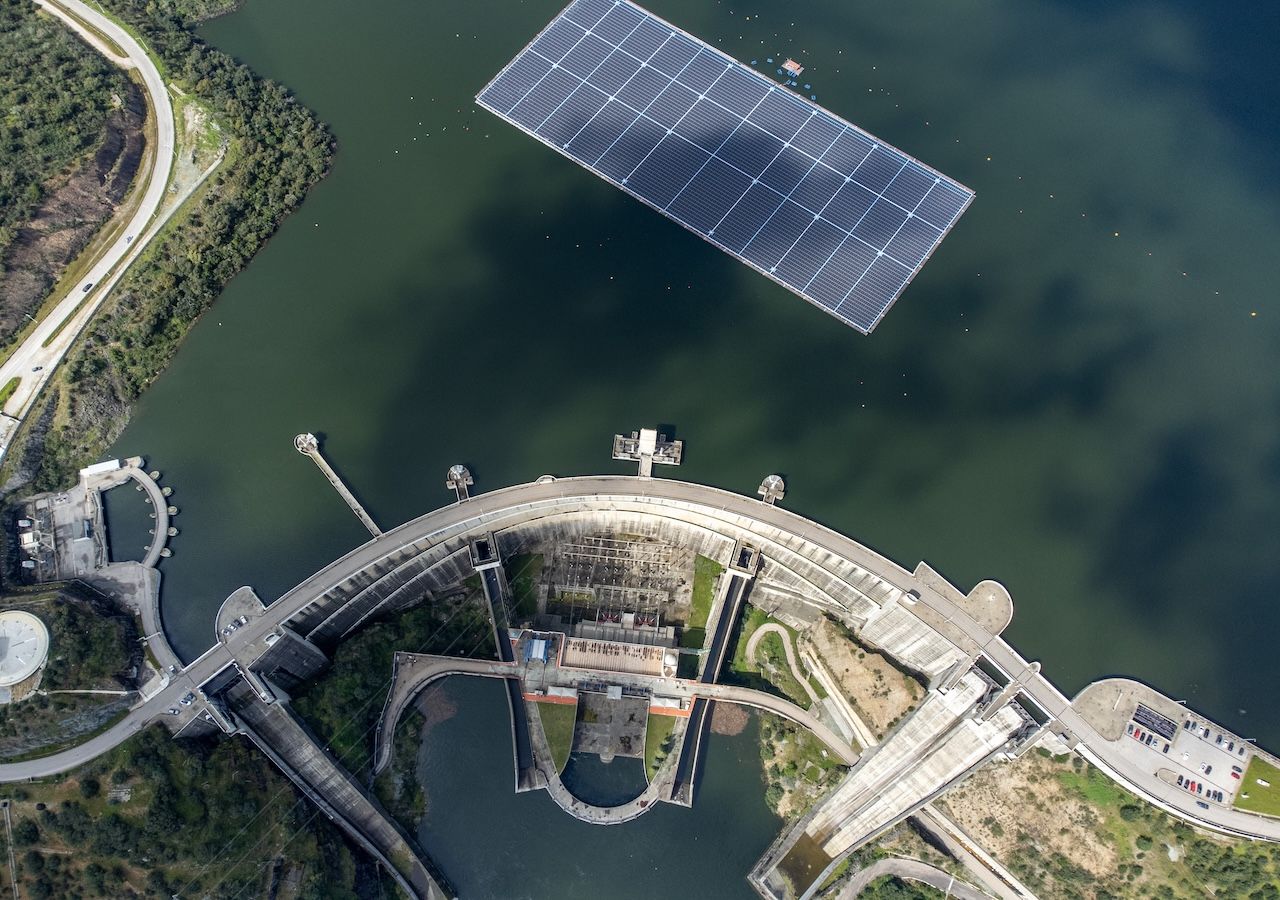An abrupt loss of power generation at a substation in Granada triggered the recent unprecedented blackout across Spain and Portugal, Spanish authorities have revealed.
On 28 April, a major incident saw millions of households and businesses across Spain, Portugal, and southern France lose power in what was the largest power cut in Europe’s recent history. A sudden loss of 2.2GW of electricity in southern Spain triggered a series of grid disconnections. The blackouts lasted approximately 10 hours, causing significant disruptions in most areas of the Iberian Peninsula.
Spanish authorities have now pointed to a specific origin of the blackout. Sara Aagesen, Spain’s third vice-president of the government and minister of ecological transition and demographic challenge, told Reuters that following the analysis of 'millions of pieces of data,' the blackout has been traced to an abrupt loss of power generation at a substation in Granada, followed by failures seconds later in Badajoz and Seville.
While the origin has been identified, she confirmed that the cause has not yet been established. 'This will take time and there will likely be no simple answers to what appears to be a complex issue,' Aagesen told Reuters.
She confirmed that the investigation is also looking at voltage volatility in the days before the blackout, with excessive voltage being one possible cause for the loss of generation. She denied that the government had received and ignored warnings that a major blackout could occur. 'There was no alert, no warning,' she said.
Cyber attacks on the grid, imbalances in supply, and grid capacity issues have also been ruled out as causes. Another possible cause could be atmospheric phenomena across Spain. At the time of the blackout, Portuguese grid operator REN said that 'extreme variations' in Spain’s temperature caused the power failure.
Critics also questioned whether the outage could be attributed to a lack of 'grid inertia' due to the relatively small share of nuclear and fossil fuel generation in Spain’s power mix, as well as its plan to phase out nuclear energy by 2035.
Aagesen defended the government’s energy policy, highlighting how renewables have led to lower household bills and are providing Spain with energy autonomy amid geopolitical instability. 'A mix with more renewables reduces external risks. It enables us to anticipate, adapt to, and respond quickly to any eventuality,' Aagesen told Reuters.

























Comments
Join Our Community
Sign up to share your thoughts, engage with others, and become part of our growing community.
No comments yet
Be the first to share your thoughts and start the conversation!